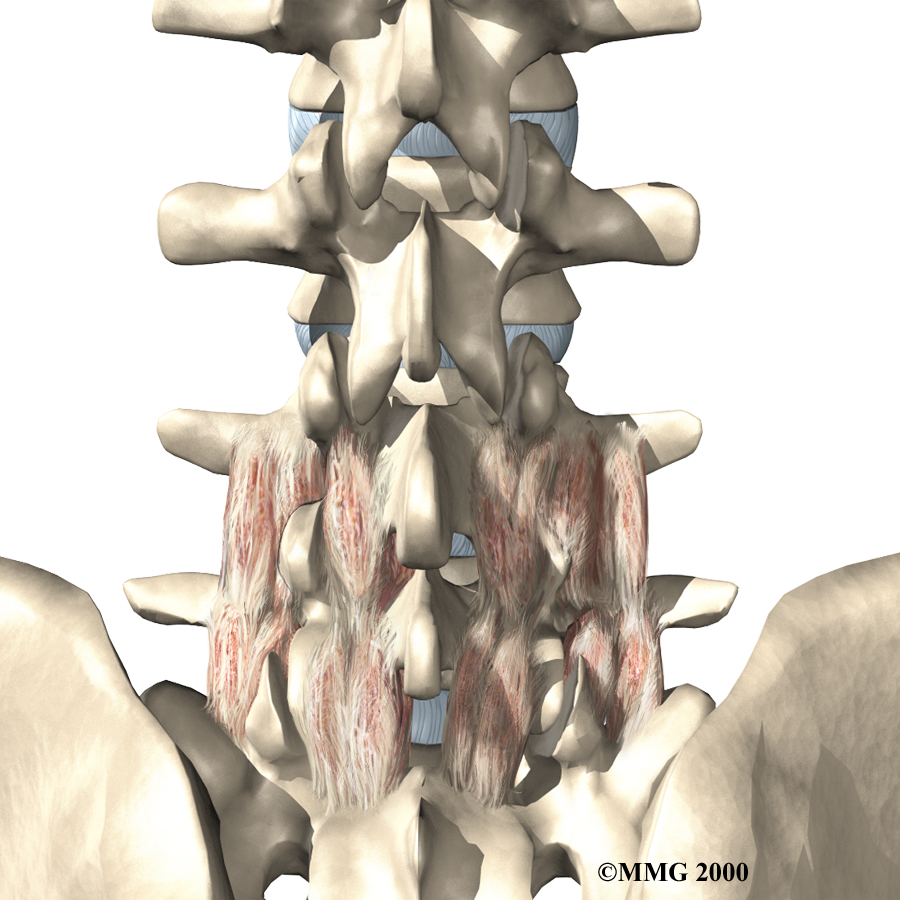Non-surgical Rehabilitation
Facet joint arthritis is mainly treated nonsurgically. At first, your physiotherapist at Next Step Physio may prescribe a short period of rest to calm inflammation and pain. Patients may find added relief by curling up to sleep on a firm mattress or by lying on their back with their knees bent and supported. These positions take pressure off the facet joints.
By evaluating your condition, our physiotherapist can assign positions and exercises to ease symptoms. Our physiotherapist may recommend traction. Traction is a common treatment for this condition. It gently stretches the low back and takes pressure off the facet joints.
Although recovery time is different for each individual, as a general rule, our lumbar joint arthritis patients are normally seen a few times each week for four to six weeks. In severe and chronic cases, patients may need a few additional weeks of care.
The physiotherapists at Next Step Physio create a personalized program to help each patient regain back movement, strength, endurance, and function. Hands-on treatments such as massage and specialized forms of soft-tissue mobilization may be used initially. We use these treatments to help patients begin moving with less pain and greater ease.
Our physiotherapist may also prescribe strengthening and aerobic exercises. Strengthening exercises focus on improving the strength and control of the back and abdominal muscles. Aerobic exercises are used to improve heart and lung health and increase endurance in the spinal muscles. Stationary biking offers a good aerobic treatment and keeps the spine bent slightly forward, a position that gives relief to many patients with lumbar facet joint arthritis.
We will show you how to improve strength and coordination in the abdominal and low back muscles. Our physiotherapist will also evaluate your workstation and the way you use your body when you do your activities.
Post-surgical Rehabilitaiton
Outpatient physiotherapy, such as the programs offered at Next Step Physio, is usually prescribed only for post-surgical patients who have extra pain or show significant muscle weakness and deconditioning.
Patients usually don't require physiotherapy after facet rhizotomy. We may prescribe a short period of therapy when patients have lost muscle tone in their back and abdominal muscles, when they have problems controlling pain, or when they need guidance about returning to work.
Although recovery time varies, as a general rule, patients who require formal rehabilitation after facet rhizotomy will probably only need to attend sessions for two to four weeks and should expect full recovery to take up to three months.
Patients who have had lumbar fusion surgery normally need to wait at least six weeks before beginning a rehabilitation program. Again, although individuals recover at different rates, lumbar fusion patients typically need to attend therapy sessions for six to eight weeks and should expect full recovery to take up to six months.
During physiotherapy after surgery, our therapist may use treatments such as heat or ice, electrical stimulation, massage, and ultrasound to help calm pain and muscle spasm. Then we will teach you how to move safely with the least amount of strain on the healing back. As your Next Step Physio rehabilitation program evolves, you will do increasingly challenging exercises. Our goal is to safely improve strength and function.
As your physiotherapy sessions contine, our therapist will help you get back to the activities you enjoy. You may need guidance on how to change the way you go about your activities and which activities are safe. Ideally, patients are able to resume their normal activities.
When recovery is well under way, regular visits to Next Step Physio will end. Although we will continue to be a resource, you will be are in charge of doing your exercises as part of an ongoing home program.
Next Step Physio provides services for physiotherapy in Edmonton.
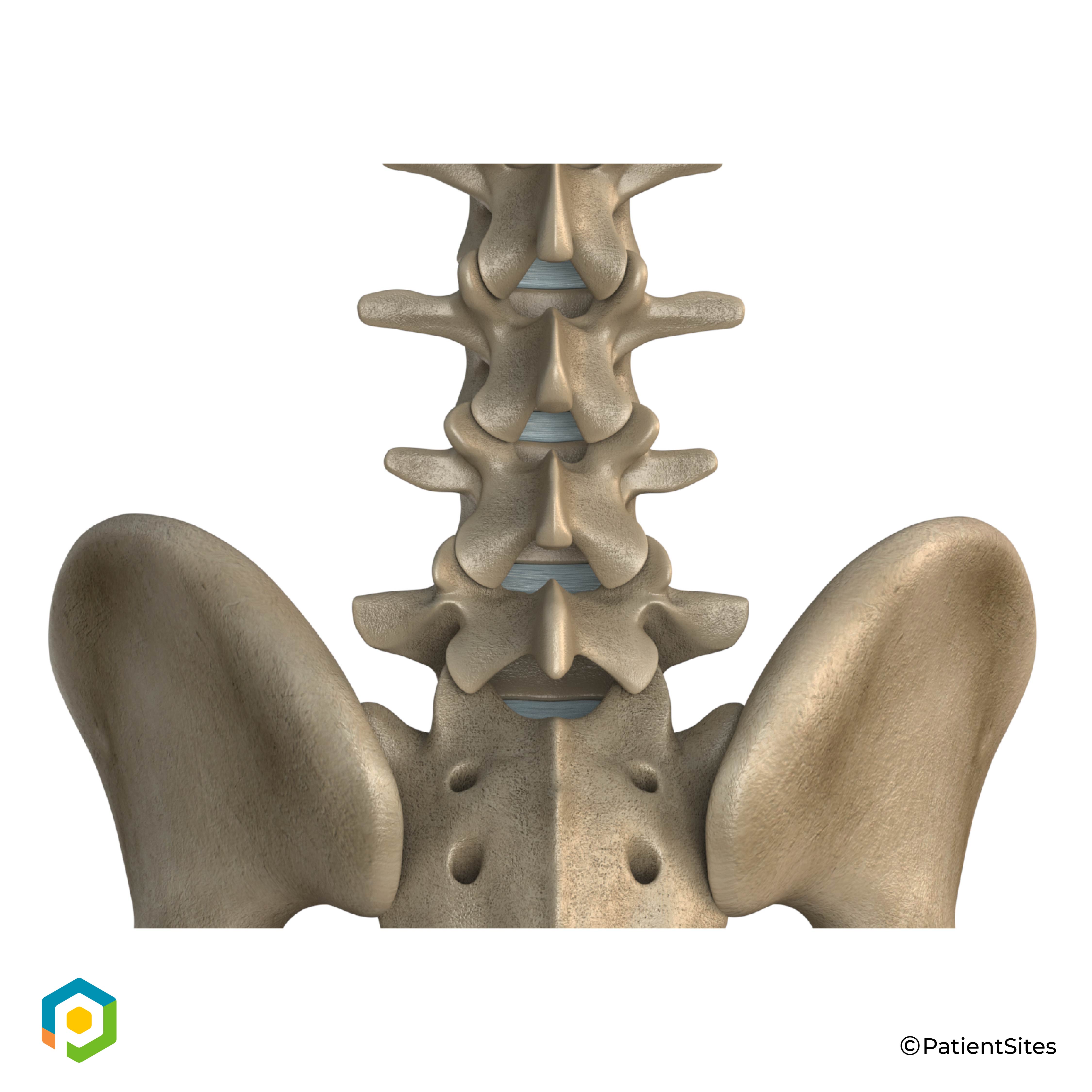



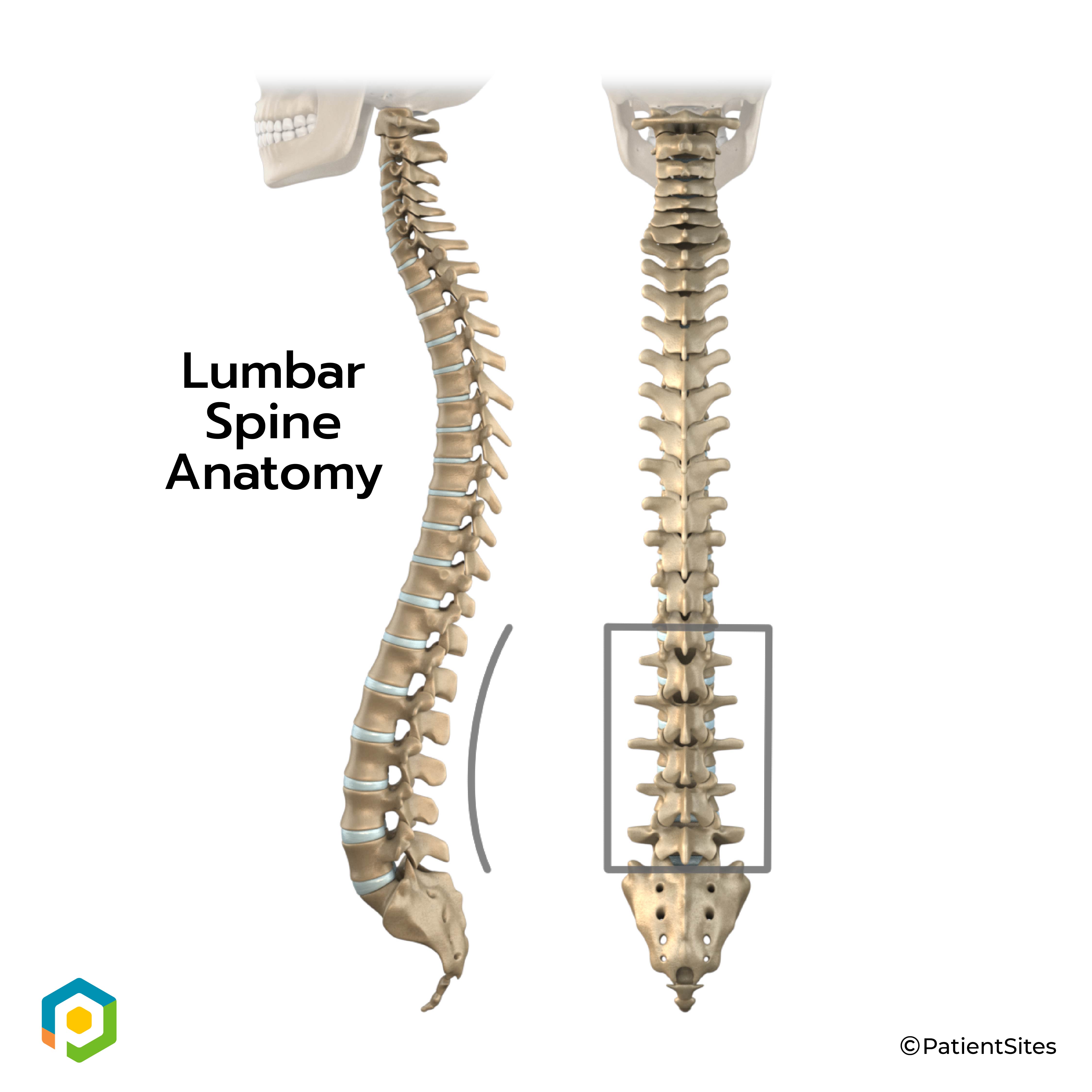
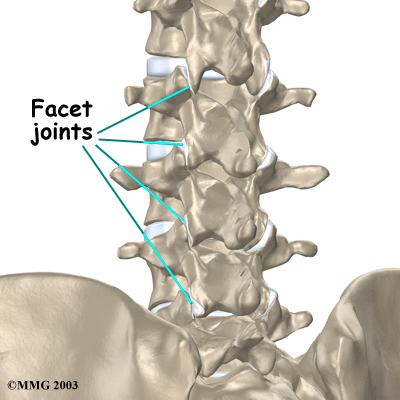
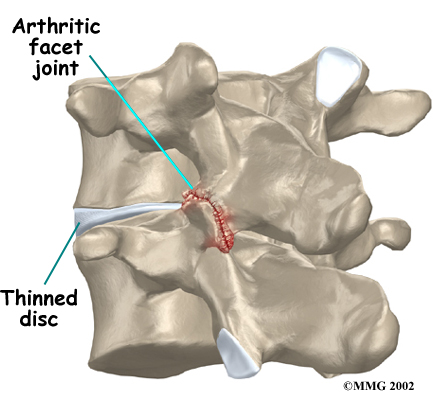
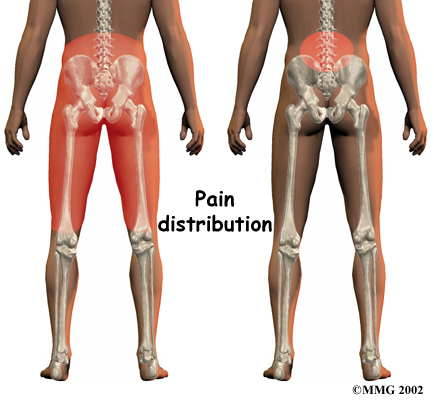 Pain may be felt in the center of the low back and can spread into one or both buttocks. Sometimes the
Pain may be felt in the center of the low back and can spread into one or both buttocks. Sometimes the 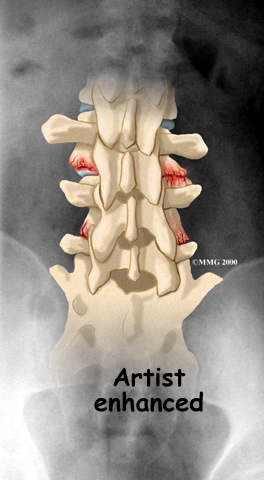
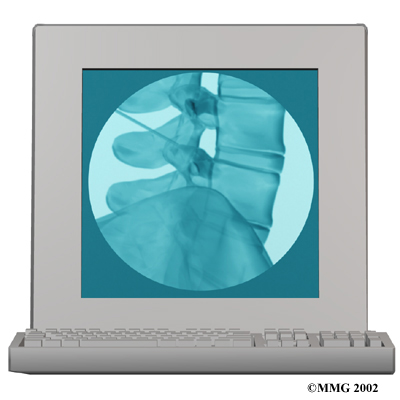 A diagnostic injection may be used to locate the source of pain. The doctor uses a long needle to inject a local anesthetic (numbing medication) into either the joint or into the nerve that goes to the joint. The doctor watches the needle on a
A diagnostic injection may be used to locate the source of pain. The doctor uses a long needle to inject a local anesthetic (numbing medication) into either the joint or into the nerve that goes to the joint. The doctor watches the needle on a 